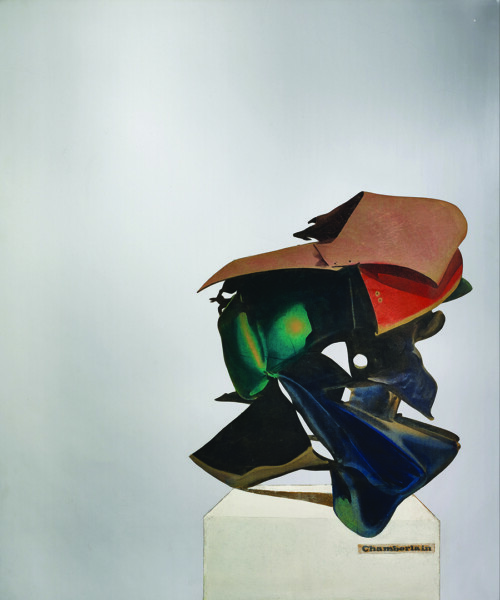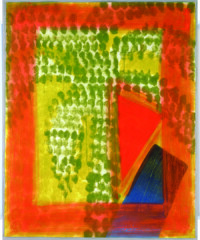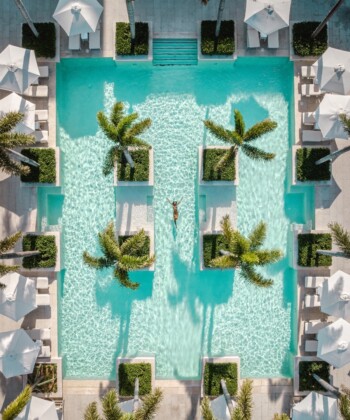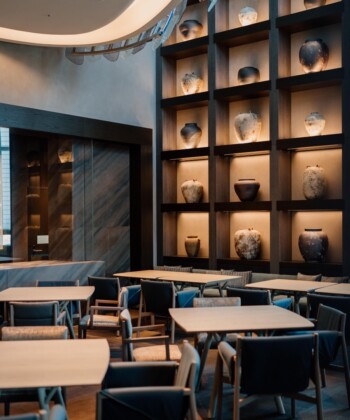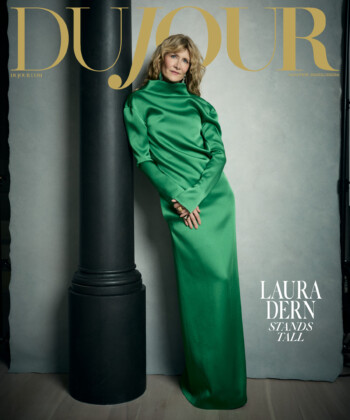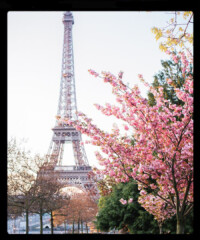Every year in October, the international art world descends on London for Frieze Week, a whirlwind of art fair wheeling and dealing, openings at museums and galleries, VIP tours and talks, private dinners and invitation-only events. From its base in Regent’s Park, Frieze London forms a centerpiece for what has become a city-wide celebration, due to take place this year Oct. 4 through 7, with VIP previews beginning on Oct. 3. The official VIP program begins even earlier and includes private views at the Hayward Gallery and the Zabludowicz Collection, and evening performances at London’s iconic 19th-century music hall, KOKO. And of course, the best of the private gallery parties promise to be fabulous.
But Frieze Week in London is more than just good fun. Opportunities abound to discover new work by emerging artists on the cutting edge of current practice or expand your knowledge of the latest developments on the international contemporary art scene. If you have deep pockets, the blue-chip galleries showcasing masterpiece-quality works will be out in force too.
Where Frieze London distinguishes itself is by actively developing and supporting new artistic talent through initiatives such as the Frieze Artist Award, an international competition for an emerging artist to realize a major site-specific work at Frieze. Since its inception in 2006, the award has provided early support to artists including Jordan Wolfson, Simon Fujiwara, Rachel Rose and Kiluanji Kia Henda. This year, the award focuses for the first time on performance art and provides the winner with a residency at the London-based Delfina Foundation. The winning artist for 2018 is London- and Warsaw-based Alex Baczynski-Jenkins, whose practice examines queer politics through what he calls “behavioral choreography,” situated at the intersection of performance and dance, exploring abstractions of desire, intimacy and love.
The Frieze Artist Award falls under the auspices of Frieze Projects, dedicated to new commissions and programming beyond the gallery booths. Headed in 2018 by Diana Campbell Betancourt, Artistic Director of the Dhaka, Bangladesh-based Samdani Art Foundation and Chief Curator of the Dhaka Art Summit, Frieze Projects encompasses Frieze Live installations and performances, Frieze Film and Frieze Music. Campbell Betancourt succinctly describes what sets Frieze apart in a crowded art fair market. “Frieze London is a place that I never leave without discovering an emerging artist whom I want to work with,” she says. “I appreciate how Frieze opens up experimental possibilities for artists and artworks that might not usually show in an established fair context to participate in their rich programming, speaking to how Frieze wants to be a part of developing contemporary art discourse and opportunities for artists, rather than simply serving as a marketplace.”
Frieze’s mission is evident also in its new section titled Social Work, curated by 10 prominent female art historians and critics, including Iwona Blazwick (Director, Whitechapel Art Gallery), Sally Tallant (Director, Liverpool Biennial of Contemporary Art), Amira Gad (Exhibitions Curator, Serpentine Galleries), and Louisa Buck (Art Critic and Contemporary Art Contributor, The Art Newspaper). Social Work will
celebrate female artists who challenged the male-dominated art market of the 1980s, confronting social and cultural norms and addressing questions of identity, labor and visibility in their work. The section follows on from the success last year of Sex Work: Feminist Art & Radical Politics, which was curated by Alison Gingeras and dedicated to women artists working at the extreme edges of feminist practice since the 1960s, who transgressed sexual mores and gender norms and were frequently the object of censorship in their day.
If you are after the very freshest art available to the market, head for the Focus section, where a selection of 33 young galleries from Mumbai to Cape Town will exhibit new work by emerging artists. Highlights will include an immersive installation at Edouard Malingue (Hong Kong) by rising star Wong Ping, whose animations and video works were a focal point of the New Museum Triennial earlier this year, and at Jhaveri Contemporary (Mumbai), an interrogation of perceptions of British Asian identity by Birmingham-born Sikh artist Hardeep Pandhal, using a variety of media including ink drawings, sculptures, video and even knitted jumpers.
A short walk across Regent’s Park will take you to Frieze Masters, which showcases expertly vetted art historical works, including a strong representation of Old Master galleries, Asian specialists, antiquities, and tribal works of art. En route, pass by the beautiful English Gardens to take in Frieze Sculpture, featuring the work of 25 contemporary and modern artists from five continents, selected and placed by Clare Lilley of the Yorkshire Sculpture Park. True to the mission of Frieze, Lilley aims to push the boundaries. “My hope is that the exhibition will give pause for thought as well as great pleasure, and that visitors to Regent’s Park will have a snapshot of the fantastic imagination of artists and variety of sculpture being made today.”


























